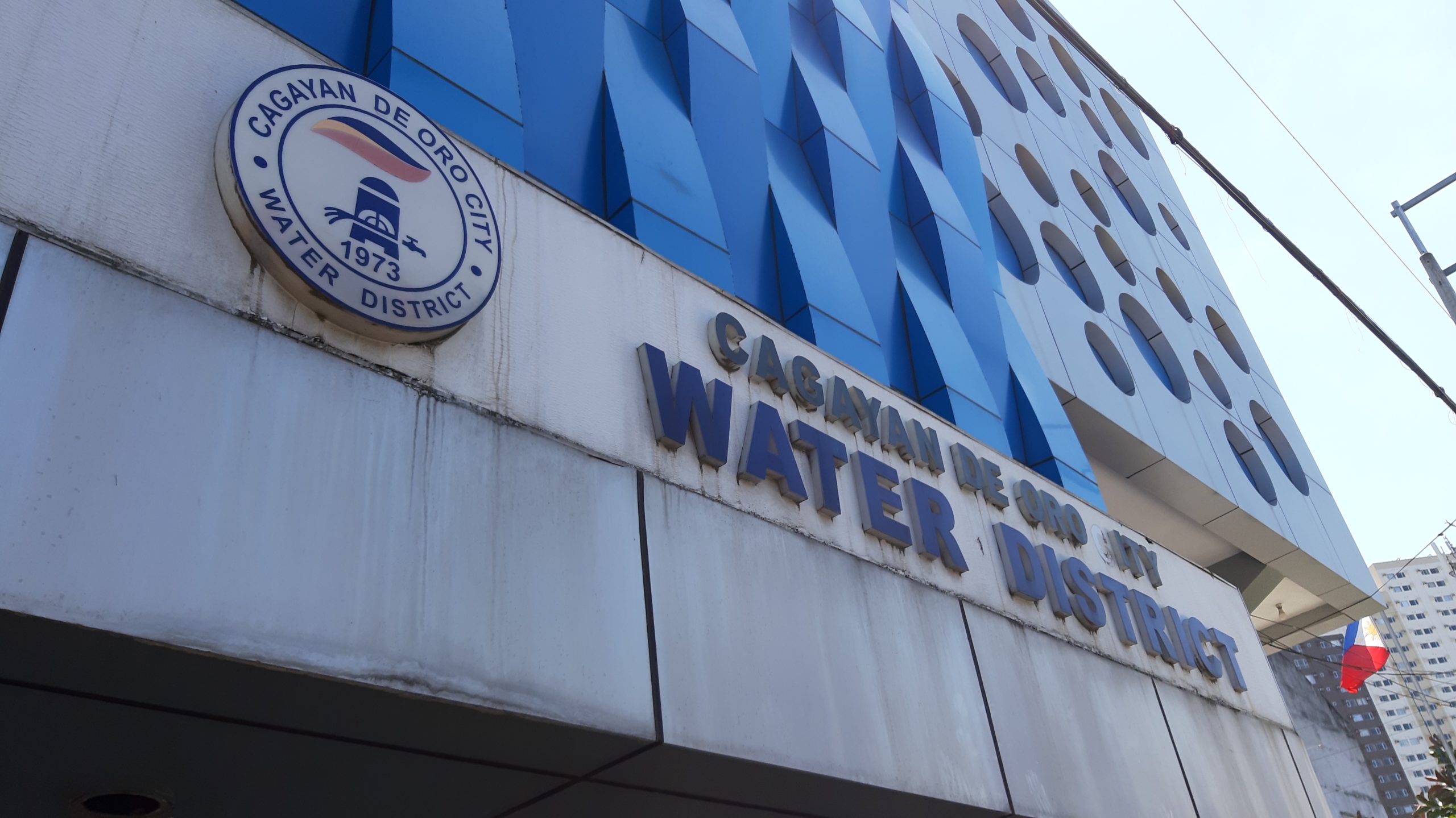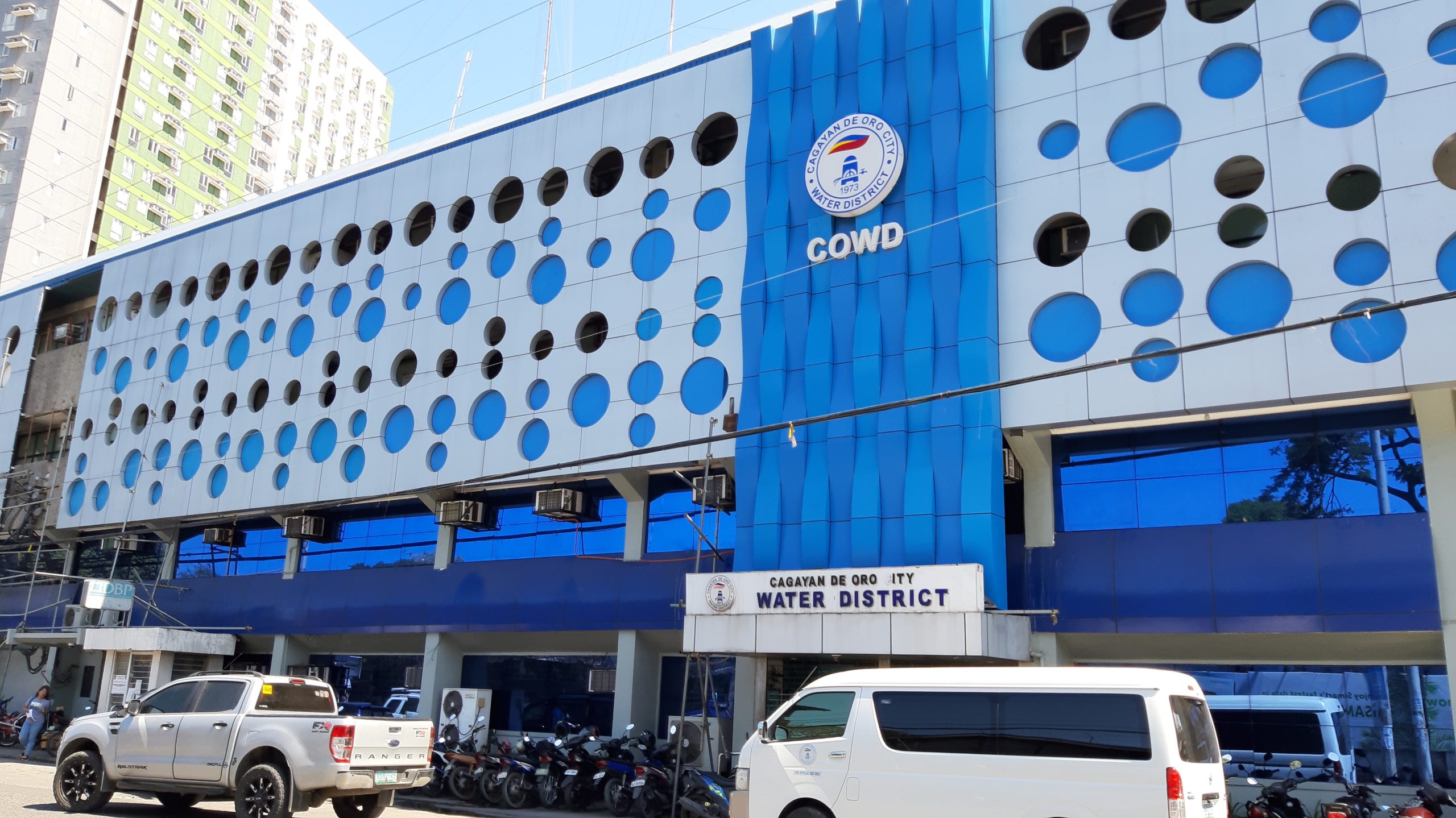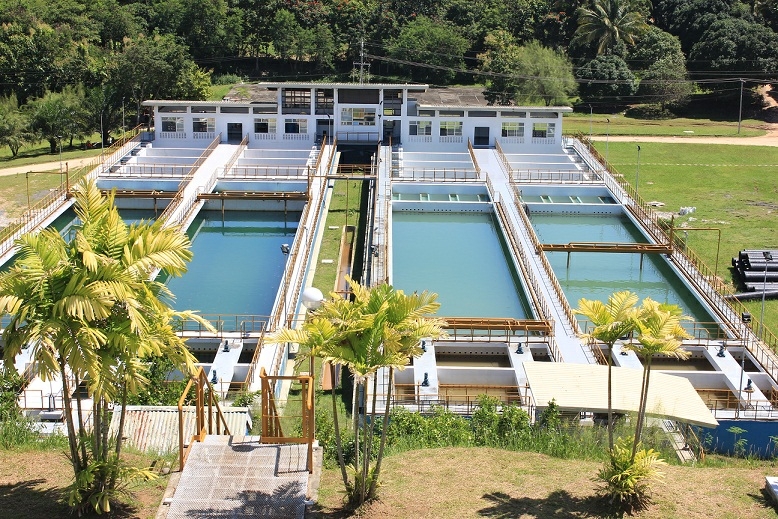A REGIONAL court has granted a quo warranto petition seeking the removal of Koronadal City Mayor Eliordo Ogena due to an administrative sanction in connection with his law profession that was decided by the Supreme Court in 2016.
In issuing the decision, the judge cited the SC’s ruling that “qualification should precede authority” based on the quo warranto case against ousted Chief Justice Maria Lourdes Sereno.
In a six-page decision issued this March 5, Judge Jordan Reyes of the Regional Trial Court Branch 42 ruled that Ogena is disqualified from holding office. The court ruled that his candidacy for mayor in the May 13, 2019 elections should have been nullified because he was found guilty by the SC for an administrative offense involving moral turpitude.
The court found Ogena “unlawfully holding and exercising the office of the mayor of Koronadal City” and declared him “ousted and removed.”
“The position of the Office of the Mayor of Koronadal City is hereby declared vacant,” Reyes ruled.
Ogena confirmed that the court ruling has already been served to him and he has 15 days to file a motion for reconsideration or a certiorari.
He said he disagreed with the court’s decision, noting that the administrative penalty meted by the SC did not include barring him from running for any elective position.
The mayor said he is confident that the law and jurisprudence would eventually side with him and that the “rule of law and justice” would prevail in the end.
“In the meantime, our residents should not worry because I am still the mayor. This is not final and executory,” he said.
The regional court decided in favor of the quo warranto petition filed on Aug. 29, 2019 by Koronadal Vice Mayor Peter Miguel, under Special Civil Case number 096-42, which mainly questioned Ogena’s qualification as mayoral candidate.
Miguel, a former mayor of Koronadal, argued that Ogena was ineligible to run for mayor based on Section 40 of the Local Government Code of 1991, which sets the grounds for disqualification of those running for local elective posts.
He said Ogena, a lawyer, was deemed disqualified under Section 40(a) because he was “sentenced by final judgment of an offense involving moral turpitude” by the SC.
The SC decision, which was issued on Feb. 2, 2016, stemmed from a complaint filed in 2006 against Ogena before the Integrated Bar of the Philippines for falsification of documents over a land-related case. The SC said Ogena was negligent in the performance of his duty as a notary public for failing to “require the personal presence of the signatories of the documents and proceeded to notarize the aforementioned documents without the signatures of all the parties.”
It said the accused failed to “comply with the most basic function that a notary public must do — to require the parties to present their residence certificates or any other document to prove their identities.”
The court said Ogena was “liable for such negligence, not only as a notary public but also as a lawyer” and had “engaged in unlawful, dishonest, immoral or deceitful conduct.”
He was suspended by SC from practicing law for two years and permanently barred from being commissioned as notary public.
Ogena countered that Miguel’s contention “is without legal basis and not supported by any jurisprudence.” He said Miguel was not the proper party to seek such remedy as he run and won as vice mayor in the 2019 elections, and “has no right to the post as mayor” after just completing his third and final term.
But Judge Reyes said Miguel has the right to question Ogena’s qualification as a taxpayer and the person who stands to benefit from the removal of the incumbent mayor.
“Since he was not qualified nor eligible to run for the elective office of mayor from the very beginning, his election, proclamation and assumption to the Office of Mayor of Koronadal City therefore, must be declared as null and void,” he cited. (Mindanews)
Disclaimer
Mindanao Gold Star Daily holds the copyrights of all articles and photos in perpetuity. Any unauthorized reproduction in any platform, electronic and hardcopy, shall be liable for copyright infringement under the Intellectual Property Rights Law of the Philippines.











